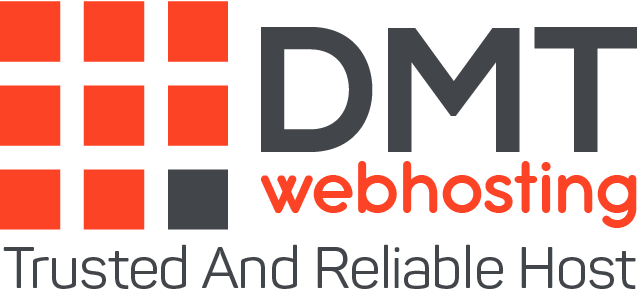Put yourself in the place of your website visitors, your customers or your partners in the context of online data exchanges: why should they trust your server straight away? The question is all the more legitimate if the data exchanged is confidential. For trust to exist between two online entities, it is essential that “customers” can ensure the identity of the owner of the server and the confidentiality of exchanges. In this case, this is precisely what a server certificate is for: authenticating organizations and securing online sessions during data exchanges. The other case that we are going to consider concerns the mass signature of documents: here a server stamp certificate allows to freeze them to guarantee their integrity. It’s a bit like a company stamping a batch of documents. Let’s get into the details of these use cases.
What is a server certificate?
A server certificate is an electronic certificate that acts as an identity card for a server or an application. Its owner is a legal person. Its goal? Identify said server (or said application) with servers or third-party applications (these). Attached to a hostname or a domain name, the server certificate allows clients to authenticate the servers to which they connect. In this way, the user is certain:
- That the owner of the server is who he claims to be.
- That the session is secure and that data exchanges will remain confidential.
- That the documents transmitted electronically have been signed by the owner of the server and that their integrity is assured.
This security of the server is critical in many cases: for visitors to a website who provide personal data or who use login credentials; for customers of an e-commerce platform wishing to pay using their bank information; for two servers that need to exchange documents or data (for example, an electronic invoice).
What are the different server certificates?
There are commonly three types of server certificates:
The SSL certificate. Installed on a web server, the SSL certificate secures the exchange of information between a server and a browser while allowing the owner of the website to “prove” his identity to visitors. This SSL certificate activates the HTTPS protocol and displays a padlock in the browser’s address bar. There are several types, depending on the level of certification: domain validation (DV), organization validation (OV), extended validation (EV).
The Server Stamp certificate. This is an authentication and signature server certificate for legal persons, in accordance with eIDAS regulations and the RGS. It allows you to sign large volumes of documents simultaneously to guarantee their integrity and authenticity – for example for electronic invoices.
The server-client authentication SSL certificate. Thanks to this certificate, two servers are able to authenticate each other, as long as they are both equipped. A server certificate is used, for example, by co-owners who must register with the online registry, in order to be able to connect their management software to the public registration platform.
What are the specifics of the server certificate?
To be valid, a server certificate must meet a certain number of requirements which are all specificities. First, it must be issued by a Certification Authority, such as OnlinenNIC, following a certificate signing request (CSR). This Trusted Third Party ensures the adequacy between the requester and the server to be secured by relying on the information contained in the request (domain name, contact email address, company info …) and by operating its own verifications, which depend on the level of certification desired. These verifications allow the CA to guarantee the existence of a circle of trust, materialized by the issuance of a valid certificate.
Then, this server certificate must consist of a set of identification data, such as its name and location, its unique serial number, the identity of the Trusted Authority that issued it, the algorithm used to create the signature, etc.
Finally, it is common for a server certificate to contain an asymmetric encryption key, used to secure exchanges between a server and a client, or between two servers. Attaching a public key to a private key guarantee the confidentiality of the exchanges and the identity of the server owner. We can also associate an electronic signature guaranteeing the integrated data that is hosted on the server.
What are the needs of a server authentication certificate?
A server certificate is used to authenticate the owner of a server, to secure data exchanges – between this server and a web browser, between this server and another server, etc. – and to guarantee the confidentiality of the data exchanged between two entities. When using a server stamp, it is the integrity of the data or documents that is ensured, since any subsequent modification is identifiable.
It, therefore, responds to a very concrete need for companies: to create a base of trust for their users. For all organizations that exchange data on the web or work with dematerialized documents (contracts or electronic invoices, for example), the server certificate offers strong guarantees as to the identity of the owners of the server and protects against risks by ensuring the confidentiality of exchanges as well as the integrity of data.
Since it is associated with its owner, the server certificate is particularly suited to the authentication needs of businesses. For web servers, once the certificate is installed, recognition within browsers is transparent to users. For the server stamp certificate, the initial configuration then automatically signs the documents in batches. Simply put, once the installation and configuration are complete, a company can automate its processes and benefit from an increased level of security.
This makes the server certificate essential protection, at a time when exchanges and online services are more and more numerous.
About the author
DMTwebhosting.com’s Editorial Team prides itself on bringing you the latest web hosting news and the best web hosting articles!
You could also link to the news and articles sections:
